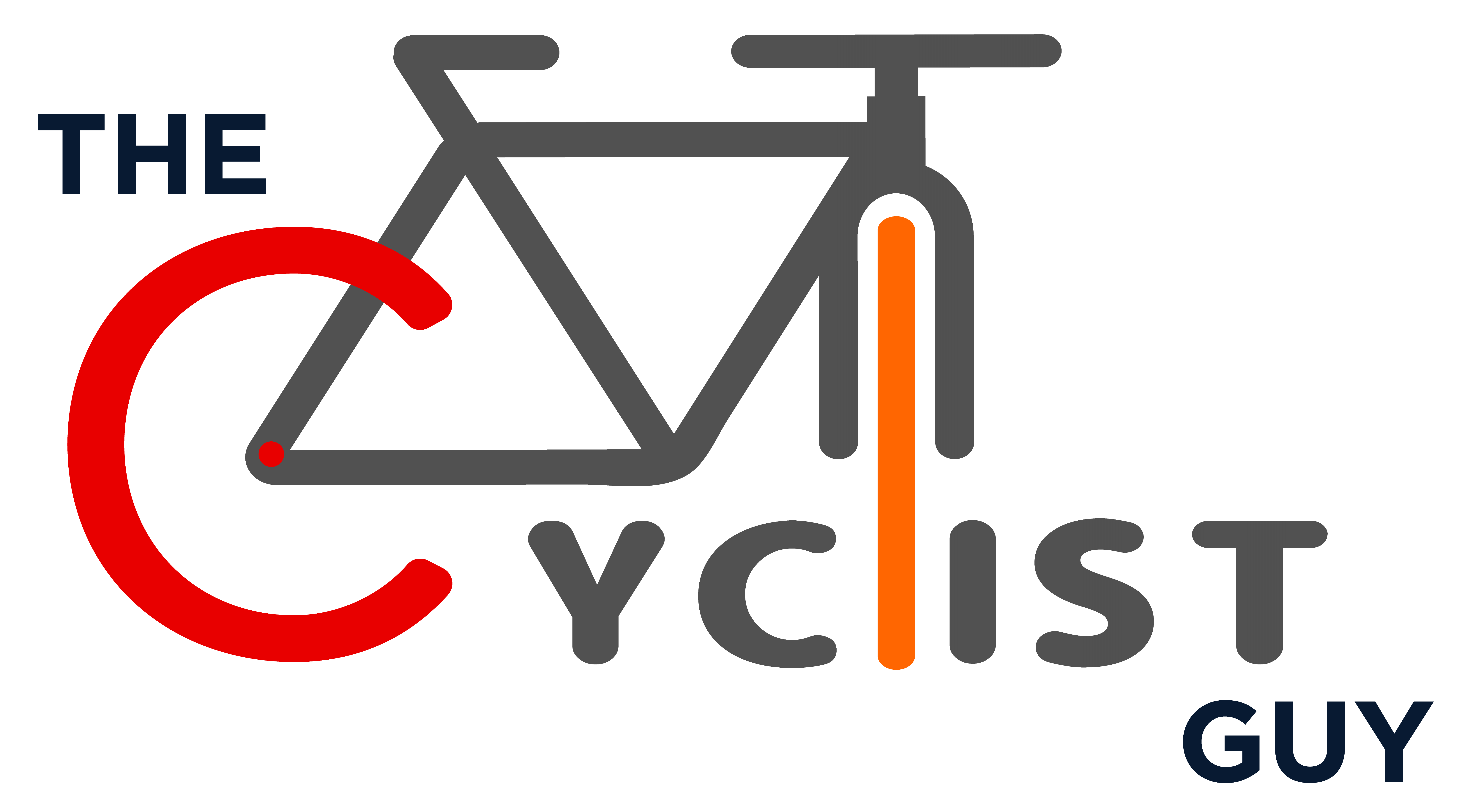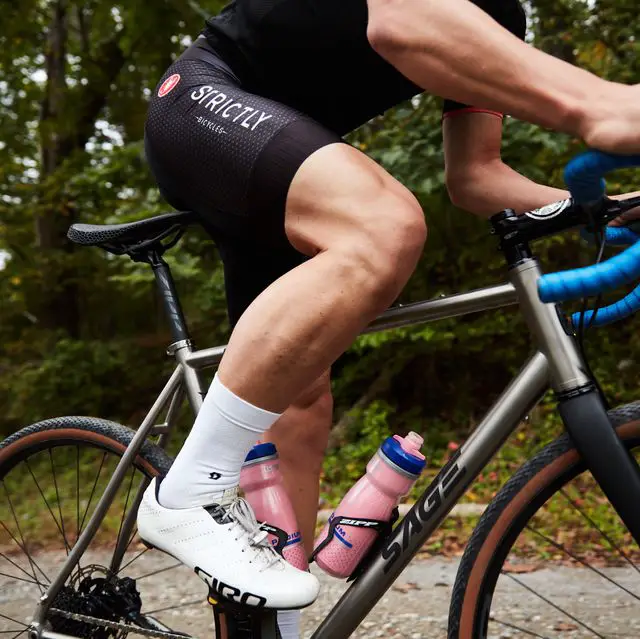To knock out knee pain, practice low-impact exercises and strengthen your muscles. Use ice and compression for immediate relief.
Knee pain can be a debilitating issue that affects daily activities. Strengthening the muscles around your knee can provide stability and reduce pain. Low-impact exercises like swimming, cycling, and walking are beneficial. These activities help build muscle without putting too much strain on the knee joint.
Applying ice and using a compression bandage can reduce inflammation and alleviate pain quickly. Maintaining a healthy weight can also lessen the pressure on your knees.
Wearing supportive footwear and using knee braces can further protect your knees. By incorporating these strategies, you can effectively manage and minimize knee pain.

Credit: milehighspine.com
Introduction To Knee Pain
Knee pain can significantly impact daily activities and quality of life. Effective strategies exist to combat and alleviate this discomfort. Discover key methods to knock out knee pain and enhance mobility.
Knee pain can come from many sources. Arthritis is a common cause. Injuries also lead to pain. Overuse of the knee is another reason. Sometimes, pain occurs without a clear cause.
Knee pain affects daily activities. Walking becomes hard. Climbing stairs is painful. Even sitting can hurt. Pain often leads to less activity. This can make the pain worse. Daily life becomes a struggle. Simple tasks are difficult. Quality of life drops.
Identifying The Type Of Knee Pain
Acute pain happens suddenly. It often follows an injury. This pain is sharp and intense. Chronic pain lasts longer than three months. It is less intense but constant. Chronic pain may come from arthritis.
Acute pain is sharp and sudden. It may cause swelling. Chronic pain is dull and long-lasting. It might feel like an ache. Knowing the type helps find the right treatment. Rest is good for acute pain. Chronic pain may need exercises.
Home Remedies For Immediate Relief
RICE stands for Rest, Ice, Compression, and Elevation. Rest your knee. Avoid using it much. Apply ice packs for 20 minutes. Do this every few hours. Use a compression bandage. It helps reduce swelling. Elevate your knee. Keep it above heart level. This reduces pain and swelling.
Turmeric is a natural remedy. It reduces knee pain. Ginger tea can also help. Ginger fights inflammation. Omega-3 fatty acids are great. You can find them in fish oil. Green tea is another option. It has anti-inflammatory properties. Eating garlic may also help. It reduces swelling.
Exercise As Medicine
Building strong muscles helps support your knees. Try exercises like squats and lunges. Use light weights to start. Gradually increase the weight. Aim for consistency, not intensity. It’s important to move slowly and steadily.
Stretching keeps your knees flexible. Practice gentle yoga or Pilates. Focus on hamstrings and quadriceps stretches. Do these routines daily. Simple movements can prevent stiffness. Always warm up before stretching.
Professional Treatments
Physical therapy helps with knee pain. Exercises strengthen muscles around the knee. Therapists teach proper movement and posture. They use heat, ice, and massage. These methods reduce pain and swelling. Regular sessions improve flexibility and balance. Consistent therapy prevents future injuries.
Orthopedic doctors treat severe knee pain. They offer injections to reduce inflammation. Surgeries like arthroscopy clean the joint. Knee replacement is for damaged knees.
Doctors suggest braces for extra support. These treatments help you move better. Consult a doctor for the best option.

Credit: www.shieldschiropractic.net
Alternative Therapies
Thin needles are used in acupuncture. These needles target pain points. Acupressure uses fingers to press points. Both methods aim to reduce pain. Many people find relief. They can be effective for knee pain. Always consult a doctor first.
Hydrotherapy involves water exercises. Warm water helps muscles relax. It can reduce knee pain. Water supports your weight. This makes exercises easier. It can also improve blood flow. Regular sessions can benefit the knees. Consult a therapist for guidance.
Nutrition And Supplementation
Eating foods that fight inflammation can help knee pain. Fruits and vegetables are good choices. Leafy greens like spinach and kale are best. Berries, cherries, and oranges are also helpful. Omega-3 fatty acids can reduce inflammation. Fish like salmon and mackerel are rich in omega-3. Nuts and seeds, especially flaxseeds, are good too.
Supplements can support knee health. Glucosamine helps to keep joints strong. Chondroitin also helps joints stay flexible. Fish oil supplements give omega-3 fatty acids.
Turmeric has curcumin which can lower inflammation. Collagen supports the structure of the knee.

Credit: www.researchgate.net
Preventative Strategies
Choose shoes with good arch support. Shoes should fit well and be comfortable. Replace worn-out shoes to avoid knee pain. Avoid high heels and flat shoes. Choose shoes with cushioned soles. Proper footwear helps reduce stress on knees.
Keep a healthy weight to reduce knee stress. Extra weight can hurt your knees. Eat balanced meals with fruits and vegetables. Exercise regularly to maintain a healthy weight. Walking and swimming are good exercises. Avoid sugary snacks and drinks.
When To Seek Medical Attention
Persistent knee pain lasting more than a week signals the need for medical attention. Swelling, inability to bear weight, or visible deformities also warrant a doctor’s visit.
Red Flags
Severe swelling needs medical help. Sudden pain that lasts is a concern. Feeling unstable when walking is serious. Numbness in the leg is alarming. A fever with knee pain is urgent. Visible deformity in the knee is a red flag.
Choosing The Right Healthcare Professional
A general doctor can give initial advice. A physiotherapist helps with exercises. An orthopedic surgeon treats serious cases. A rheumatologist deals with arthritis. A sports medicine specialist helps athletes. Choose based on your symptoms.
Frequently Asked Questions
How Do I Stop Knee Pain Asap?
Rest and ice your knee to reduce pain and swelling. Take over-the-counter pain relievers. Elevate your leg.
What Is The Fastest Way To Recover From Knee Pain?
Rest, ice, compression, and elevation (RICE) help reduce knee pain quickly. Over-the-counter pain relievers can assist too. Consider physical therapy for long-term relief. Always consult a doctor for persistent pain.
What Is The Best Thing To Do When You Hurt Your Knee?
Rest, ice, and elevate your knee. Avoid putting weight on it. Use over-the-counter pain relievers if needed. Consult a doctor.
Is It Ok To Push Through Knee Pain?
Pushing through knee pain is not advisable. It can worsen the injury. Rest and consult a doctor.
What Causes Knee Pain?
Knee pain can be caused by injury, arthritis, or overuse.
Conclusion
Conquering knee pain involves consistent effort and the right techniques. Implement these strategies to see significant improvement.
Regular exercise, proper footwear, and mindful habits are key. Remember, small changes can lead to big results. Prioritize your knee health today for a more active, pain-free life.

Sanjeev Rattan, a 50-year-old cyclist from Delhi, started cycling in 2016 to reduce carbon footprint and promote sustainable transportation. He has completed multiple long-distance rides, including G2G, B2B, and Golden Triangle rides, and has earned 7 Super Randonneur titles from Audax Club Parisien.
In his professional life, Sanjeev works in data security and digital solutions for various sectors, including defense, law enforcement, smart cities, utilities, telecom, and IoT networks.


Leave a Reply